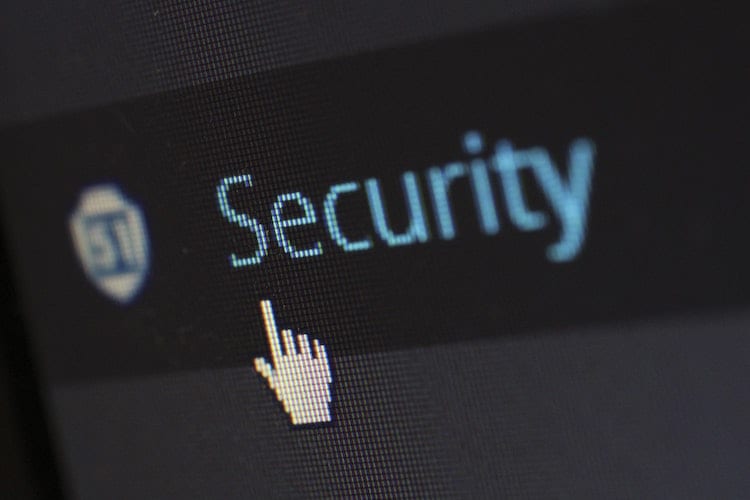Why You Should Consider Getting a Password Manager

Cybersecurity concerns are at an all-time high. The internet gives us access to all the information in the world but can expose our information to hackers. All it takes is one password falling into the wrong hands to really disrupt your life. That’s part of the reason that getting a password manager may be a good idea.
What is a Password Manager?
Most people fall into the same two traps when it comes to passwords:
- Using simple terms or phrases that can be guessed relatively easily
- Using the same or similar passwords across different accounts
Both are totally normal but leave you exposed online. Password managers can eliminate these problems. A password manager is like a vault that contains all your other passwords. You simply need to remember the one vault code to get in, meaning you no longer have to keep track of 20 different passwords.
Your manager will generate and save strong passwords that are nearly impervious to hacks. As long as you have the master keycode, your passwords are safe and secure in your encrypted “vault.” All this means that password managers provide a unique blend of security and convenience that can make your online life easier.
Why Should You Use One?
More than a quarter of Americans use the same password for every account they have, according to a 2018 YouGov study. If you fall into that group, you should seriously consider using a password manager. Nearly 40 percent of people have been the victim of hacking and if you use the same password across your accounts, one hack could mean serious trouble.
Password managers bring an extra level of security that we can’t create on our own. By creating random passwords for you, managers will ensure that your accounts are as safe as possible. You can attempt to make your own unique, difficult to crack passwords, but storing them without a password manager can be a major hassle.
In addition, many password managers offer device syncing. That means if you set up your manager on your desktop, it can connect with your phone, tablet, etc. so you always have access to all your passwords. If necessary, this means you can also share your password manager with family members who may need access.
If you already use different passwords for all your accounts and have no trouble keeping track, you may not need a password manager. Most of us, though, could use a helping hand when it comes to cybersecurity.
Are There Any Downsides?
Some password managers have free options like LastPass.com, but many can be a bit pricey. Dashlane, one of the most popular managers on the market, costs $60 per year. It’s a small price to pay for peace of mind, but it’s still a cost nonetheless.
And while the master password idea is great when it works, if you lose access to your password manager you lose all your passwords. Unlike, say, your email password, there’s no way to recover your code for your password manager. It’s crucial that you write down your master vault password and keep it somewhere safe.
Generally speaking, a password manager can provide a convenient way to keep your personal information secure. Even if you’re skeptical, it may be worth trying to see if it works for you.
Read more on How Long You Should Keep Financial Documents









